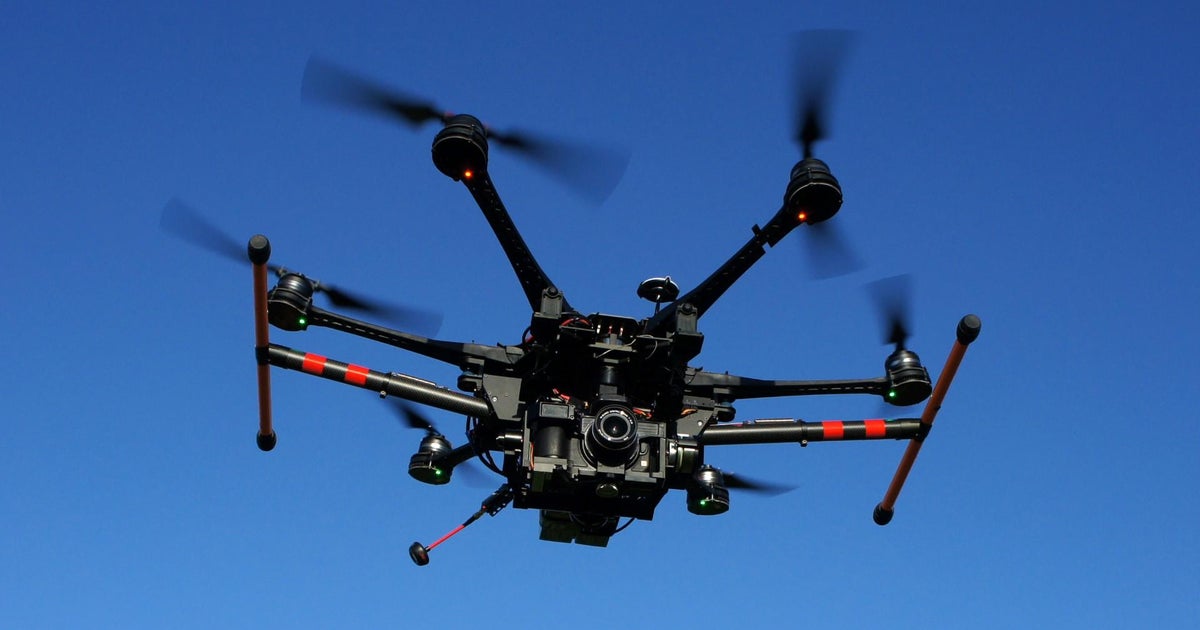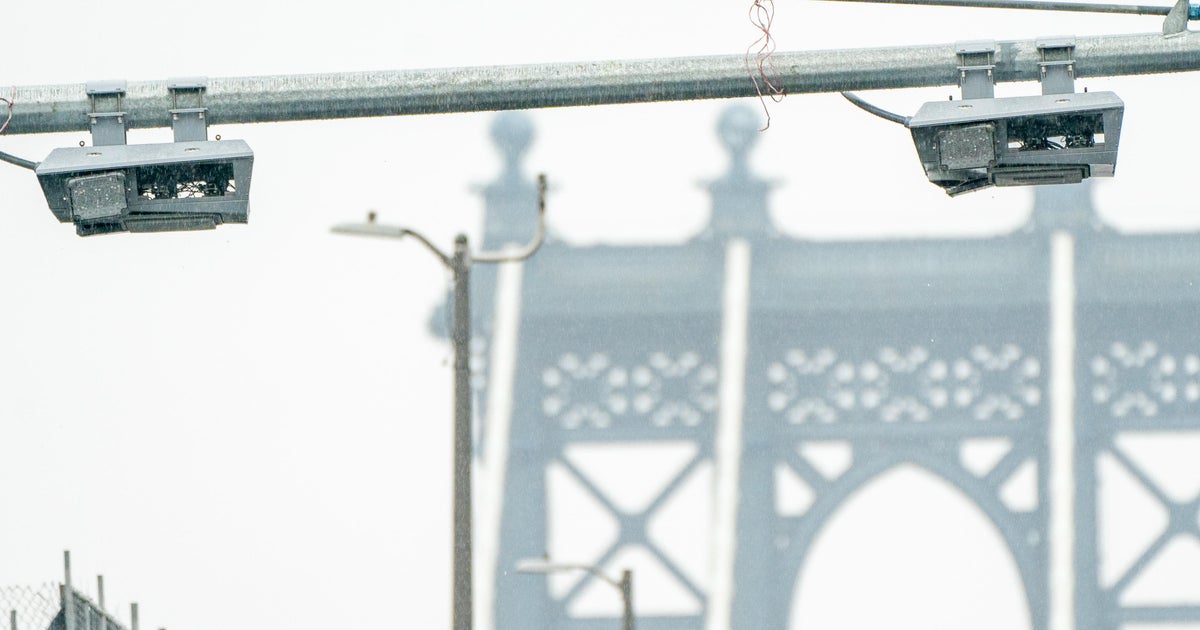Long Island lawmakers eye ban on exotic animals in traveling shows
HAUPPAUGE, N.Y. -- The battle over sloths has intensified on Long Island, where lawmakers are now proposing restricting the use of exotic animals in traveling performances.
It comes after a popular sloth exhibit was shut down.
As CBS2's Carolyn Gusoff reported Monday, the business is taking the show to homes and parties.
A legal battle got physical outside Sloth Encounters Long Island, where animal advocate John DiLeonardo was ordered off the property by operator Larry Wallach. The two have also butted heads in court.
DiLeonardo's Humane Long Island led the charge to close down the popular Hauppauge attraction in September on zoning violations. It happened weeks after Wallach showed CBS2 inside.
Cute and cuddly, but cruel, say critics, Wallach now brings the slow-moving sloths to homes and children's birthday parties.
"I do an educational show. It's a legally obtained animal. My sloths are kept better than 99 percent of all shows -- the room, the food, everything," Wallach said.
DiLeonardo is seeking a county ban on exotic animals in traveling shows.
"This isn't just about the sloths. It's about monkeys attached to dogs, this is about bears hauled from Florida to New York. Wild animals are thing of the past in animal circuses," DiLeonardo said.
Suffolk legislators unveiled their resolution which covers most non-domestic animals.
"We want to ensure that all animals are protected, but also our children are protected, and that we do things in a safe and humane way," said Jason Richberg of the Suffolk Legislature.
"Some of them, if they're new, would have to be tested for rabies and killed. What is being done now is unsafe, unfair and unhealthy," said Suffolk Legislator Leslie Kennedy.
Animal advocates are applauding.
"Our interaction with wild animals in an unnatural setting has led to pandemics," said animal rights advocate Denise Bitz.
Wallach says his sloths are treated well and happy, legal as pets in New York. He now plans to sell them.
He's predicting this first-in-the-state ban on exotic animals in performances will not pass.
Legislators say they have bipartisan support for a vote next week.
The law would impose a $2,500 fine for violators.




